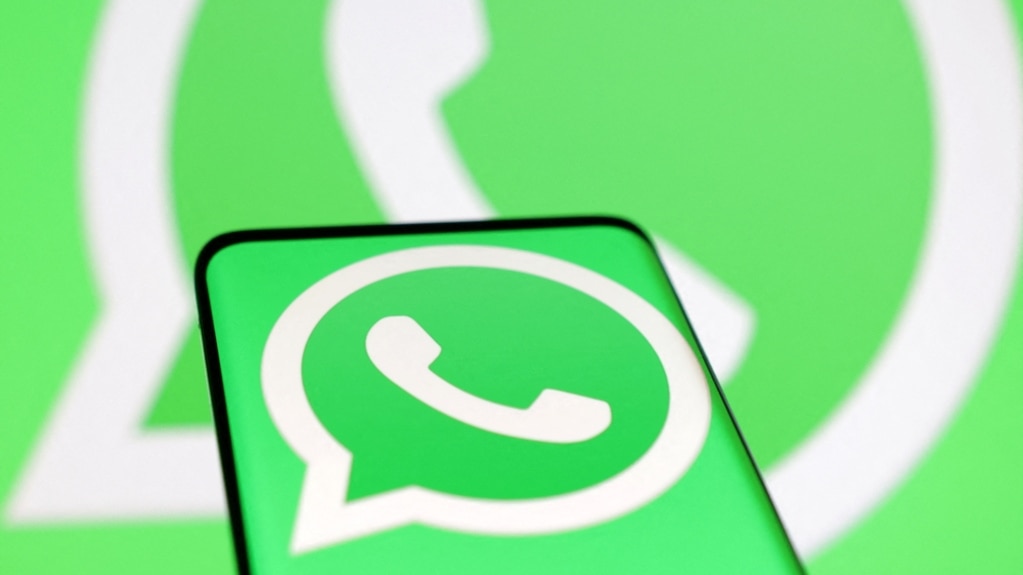Messaging service WhatsApp has added support for a tool to help users stay online when governments block the internet.
The company – owned by Facebook’s parent Meta – recently announced it would let users connect to WhatsApp through proxy servers.
A proxy acts as a bridge to connect users to the internet through servers in other places. Proxy servers can be set up by individuals or organizations around the world. The proxy system can permit people to be online even when governments have restricted or cut off internet services in their area.
In its announcement, WhatsApp said the proxy tool represents an effort to “put the power into people’s hands” to connect to its service if the internet is blocked or restricted.
The company said proxy support was launched for WhatsApp users all over the world. In its statement, however, WhatsApp identified Iran as a nation where the government has been blocking the internet for months. Such actions “deny people’s human rights and cut people off from receiving urgent help,” WhatsApp said.
Iran’s government has a history of cutting internet and messaging services.
In 2018, Iranian officials ordered internet service providers to block messaging service Telegram. At the time, Iran had an estimated 40 million Telegram users, nearly half the country’s population.
The banning of Telegram came as widespread demonstrations took place in many Iranian cities to protest government economic policies.
In recent months, Iran has seen widespread demonstrations in the country’s Kurdistan province and in major cities. The protests began following the death of a 22-year-old woman who died while in police detention. The woman, Mahsa Amini, was arrested by officers of Iran’s “morality police.”
The morality police oversee the enforcement of Iran’s restrictions on behavior and clothing in public. Amini was arrested for violating the country’s Islamic dress rules.
Iran blocked WhatsApp, as well as Meta-owned service Instagram, as unrest broke out over the protests related to Amini’s death.
The company said using a proxy server would not change “the high level of privacy and security that WhatsApp provides.” For example, it said all personal messages sent over the service will still be protected by end-to-end encryption. Encryption is a process that turns information or data into a form of code in order to hide the information.
WhatsApp provides step-by-step instructions for users wishing to use a proxy server. The company also created a guide for volunteers and organizations who want to set up proxy servers for users.
Some users in countries facing government interference use virtual private networks (VPNs) to connect to the internet. A VPN uses software to link to private computer networks in other areas to make it appear that a device or computer is operating in another country.
There are some similarities between VPNs and proxy servers. But one difference is that, in addition to hiding where users are operating from, VPNs also encrypt a user’s internet data.
In September, WhatsApp competitor Signal announced it was offering proxy server support so users in Iran could use that service.
In a report issued in June, the United Nations Human Rights Office said it had documented 931 internet shutdowns in 74 countries between 2016 and 2021. “Shutdowns are powerful markers of sharply deteriorating human rights situations,” the report said.
The U.N. also noted that internet blockages carry major economic costs across many industries. Economic harms caused by shutdowns, the report said, “are felt over long periods of time, greatly exacerbating pre-existing social and economic inequalities.”
I’m Bryan Lynn.
Bryan Lynn wrote this story for VOA Learning English, based on reports from WhatsApp and Reuters.

